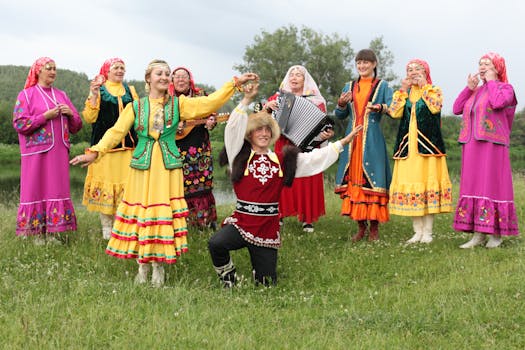
Introduction to Festive Traditions
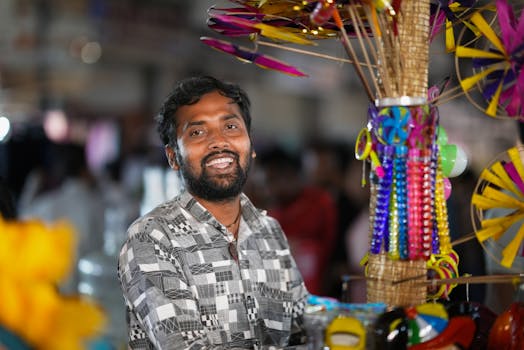
Festive traditions form an intrinsic part of human culture, representing the values, beliefs, and heritage of communities around the world. These celebrations bring people together, often across generations, thriving even amidst cultural exchanges and globalization. Understanding these traditions can offer insights into cultural beauty and the tapestry of humanity’s collective experience.
Seasonal Celebrations Across Different Regions
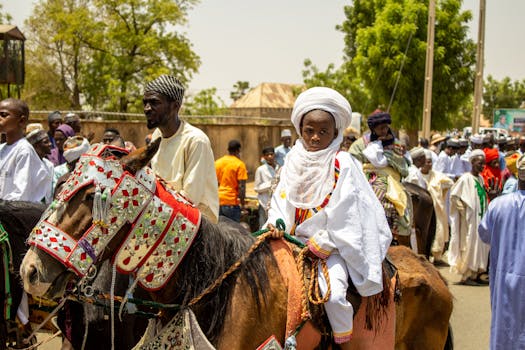
From the colorful carnival of Rio de Janeiro in Brazil to the serene lantern festivals in Thailand, each region showcases its unique flair through its festivals. In India, Diwali, the festival of lights, symbolizes the victory of light over darkness. In China, the Chinese New Year packs a variety of traditions into a week-long celebration, encompassing everything from familial reunions to dragon dances. Each festival utilizes distinct rituals, dress, food, and music, enriching the celebratory landscape.
Religious Influence on Festive Traditions
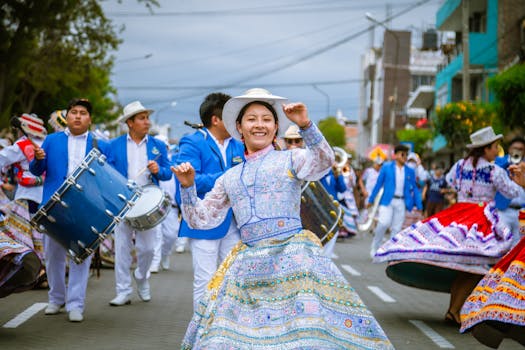
Religion deeply influences many festive traditions worldwide. Major religious holidays manifest in layers of customs and practices unique to each faith. For instance, Hanukkah decadence coexists with joyous family gatherings in Jewish culture, while Eid in Islam stands as a profound spiritual reflection celebrated with feasts and community gatherings. Examining these beliefs within festival frameworks enlightens how much of what is celebrated is rooted in spirituality while also weaving the fabric of social bonds within communities.
Influence of Modernity on Traditional Festivities

As societies evolve, so do their festivities. Nowadays, elements from various customs intertwine, resulting in new celebrations reflecting global interconnectedness. Technology has initiated younger generations to lose connection with these rich traditions, prompting many regions to embrace preservation combined with innovation. For instance, the digital age has led countries to launch virtual tours of their holidays, enabling even outsiders to immerse themselves. Festivals are adopting modern themes while retaining the traditional undertow, ensuring community cohesion.
Cultural Exchanges Through Festivals
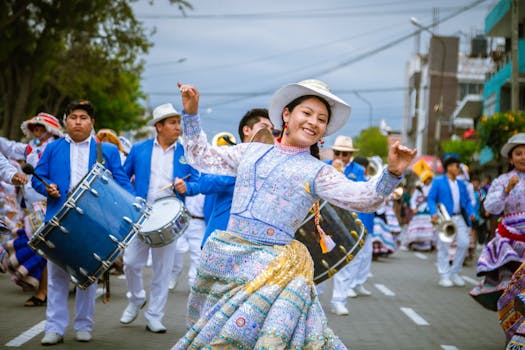
Cultural festivals facilitate exchanges, bridging gaps between diverse populations. Cities often become hubs for international festivals celebrating art, cuisine, and folklore. Such events enhance harmony by allowing different cultural narratives to coexist. For instance, in Vancouver’s Global Street Food festival, vendors from different nations serve traditional delicacies, showcasing diversity while nurturing acceptance. Traveling during cultural festivals introduces an unforgettable experience, as global communities cherish and honor their holiday heritage.


